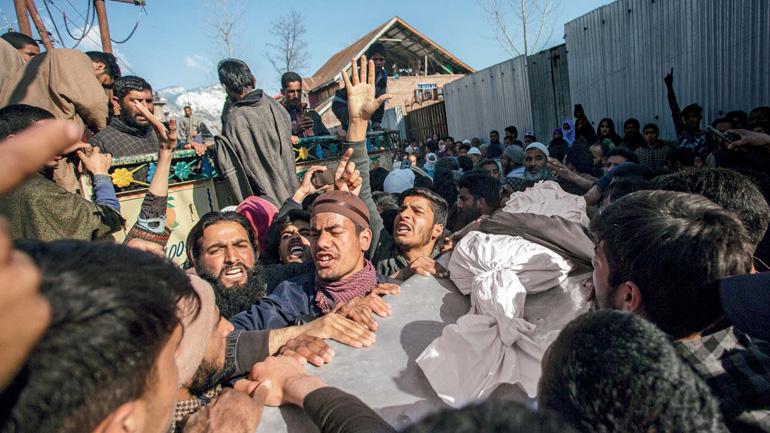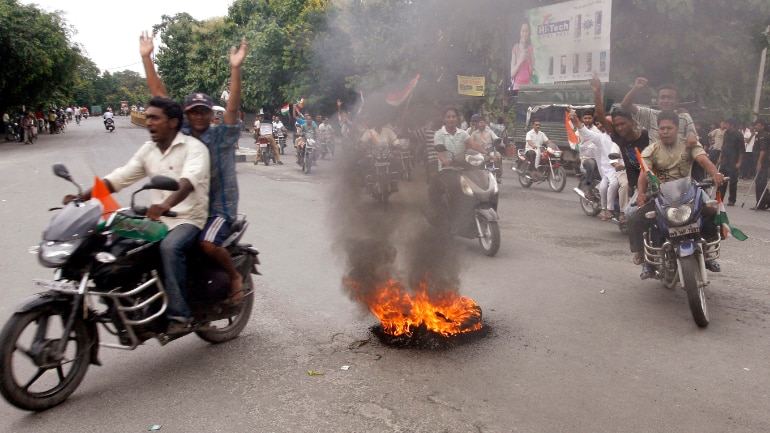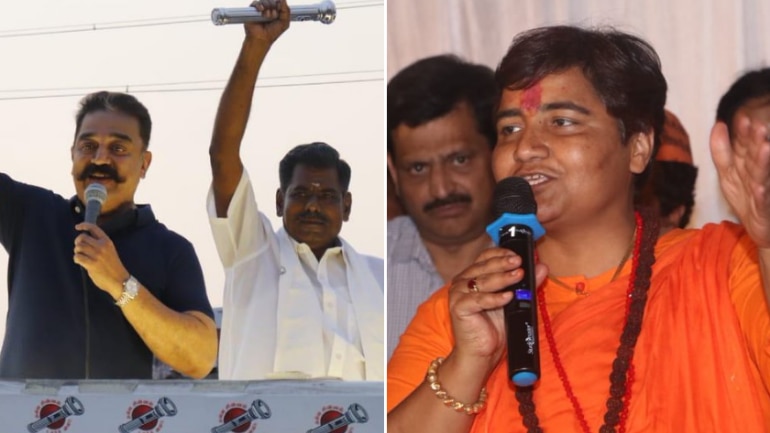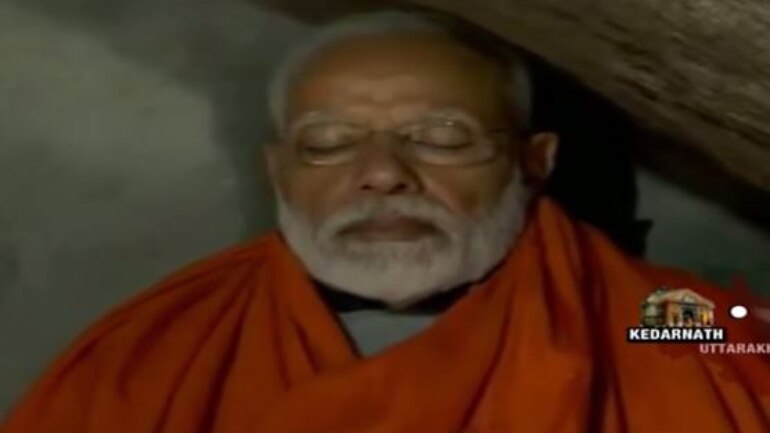At what point in their history of more than a thousand years did Indian Muslims become a minority? The question is clearly rhetorical, because Indian Muslims have never been in a majority. The last British census, taken in 1941, showed that Muslims constituted 24.3 per cent of the population. Five years later, in 1946, provoked by fears that they and their faith would be destroyed by majority-Hindu aggression after the British left, Indian Muslims voted overwhelmingly for the Muslim League, a party that promised a new Muslim nation on the map of the Indian subcontinent, to be called Pakistan. In August 1947, Pakistan, a concept that had not been considered a serious option even in 1940, became a fact.
...
Muslims of the Indian subcontinent, from the Khyber Pass to the borders of Burma, claim a unique history spanning more than a thousand years in which their political power has been remarkably disproportionate to their demographic limitations. An Arab invader, Muhammad bin Qasim, established the first Muslim dynasty, in 712, in Sind (now in Pakistan), but it faltered and stagnated. Muslim rule in a substantive sense is more correctly dated to 1192, when Muhammad Ghori, at the head of a Turco-Afghan army, defeated the Rajput king Prithviraj at Tarain, about 150 km from Delhi, near Thaneswar, to establish a dominant centre of Muslim power in the heartland. Ghori soon returned to Afghanistan, but his successors, Turco-Afghan generals, set up a Delhi Sultanate that became independent of Afghanistan in 1206. By this time, with astonishing rapidity, they held an empire that stretched from Gujarat in the west to Bengal in the east. Delhi, or its alter ego Agra, remained a Muslim capital for over six centuries. The Khiljis (1288-1320), Tughlaqs (1320 -1413), Sayyids (1414-51), Lodis (1451-1526), Suris (1540-56) and Mughals (1526-40 and 1556-1857) won or lost power in wars that were as bitter as any other, but the fact that succession never went out of the Islamic fold created a comfort zone that seeped down to even those Muslims who had little to gain from that moveable feast called monarchy. There were powerful Muslim domains even during British rule, the most important being the state of Hyderabad, founded .. in1725; the dynasty survived till 1948. There were only three million Muslims in a population of twenty-three million in his state, but did Muslims consider themselves a minority as long as their ruler was a Muslim? No.
Minority and majority are, therefore, more a measure of empowerment than a function of numbers. For Muslims under shahanshahs, nawabs and nizams, power translated into positive discrimination in employment, within the bureaucracy, judiciary and military; and it ensured that their aman i awwal (liberty of religion) was beyond threat.
...
This changed in 1803, when victorious British troops marched into Delhi. ... Indian Muslims entered an age of insecurity for which they sought a range of answers. One question fluctuated at many levels: what would be the geography of what might be called Muslim space in the post-Mughal dispensation? The concept did not begin as a hostile idea, but it certainly had the contours of protectionism, buoyed by an underlying, if unspoken, assumption that Muslims would not be able to hold their own. Political power had made their 'minority' numbers irrelevant; without power, they would be squeezed into irrelevance or subjugation. They sought, therefore, reservations or positive discrimination of all kinds, in the polity, in preferential treatment for their language, in jobs, and eventually in geographical space. Pakistan emerged as the twentieth century's answer to a nineteenth-century defeat. So far, it has merely replaced insecurity with uncertainty.
The British built their Indian empire in small, careful steps, choosing one adversary at a time, and using exceptional diplomatic skills to sabotage an enemy alliance to the extent they could. They were brilliant at provoking dissent through the effective expedience of promising power to the rebel. The sequence of military victories encouraged hope in potential rebels and kept potentates off balance; reputation became a pre-eminent British asset. The British advance was helped by the implosion of the Mughal Empire, and the rise of regional princes who paid nominal homage to the emperor in Delhi. Individually, they could not withstand the discipline, will and competence of British officers, soldiers and the inactive army they raised, trained and turned into a splendid fighting force.
The vulnerability of Indian Muslim communities increased in direct proportion to the gradual erosion of their empire between 1757 and 1857. As they struggled to find new equations with fellow Indians and the foreign British, they were squeezed from both sides: Hindus, who had the advantage of numbers, and the British, who had the advantage of power. An assertive Hindu elite claimed preference under British rule after centuries of a sense of feeling denied. The British were also wary of any revival by those they had displaced, the Muslim nobility; unsurprisingly, it was marginalized.





